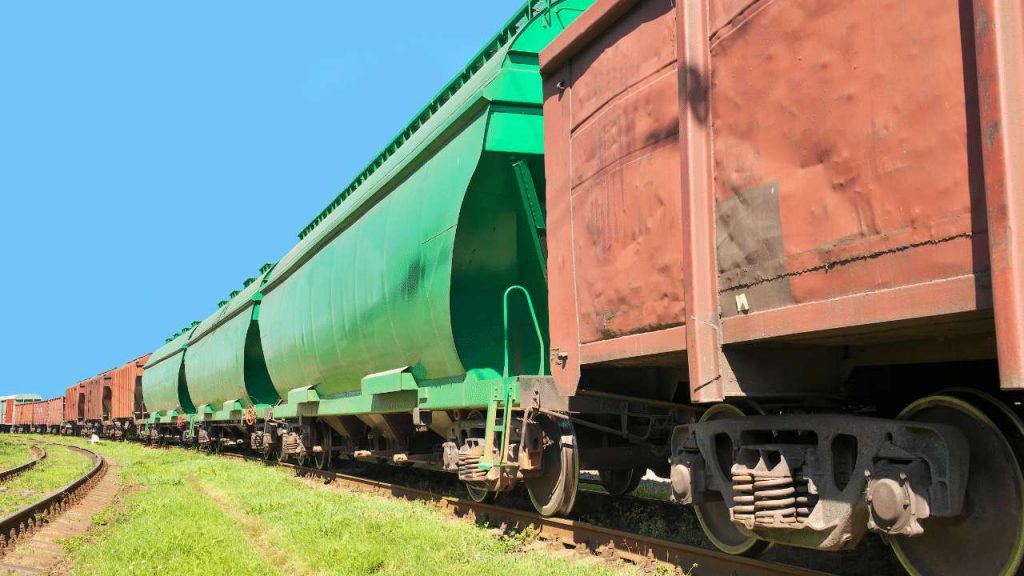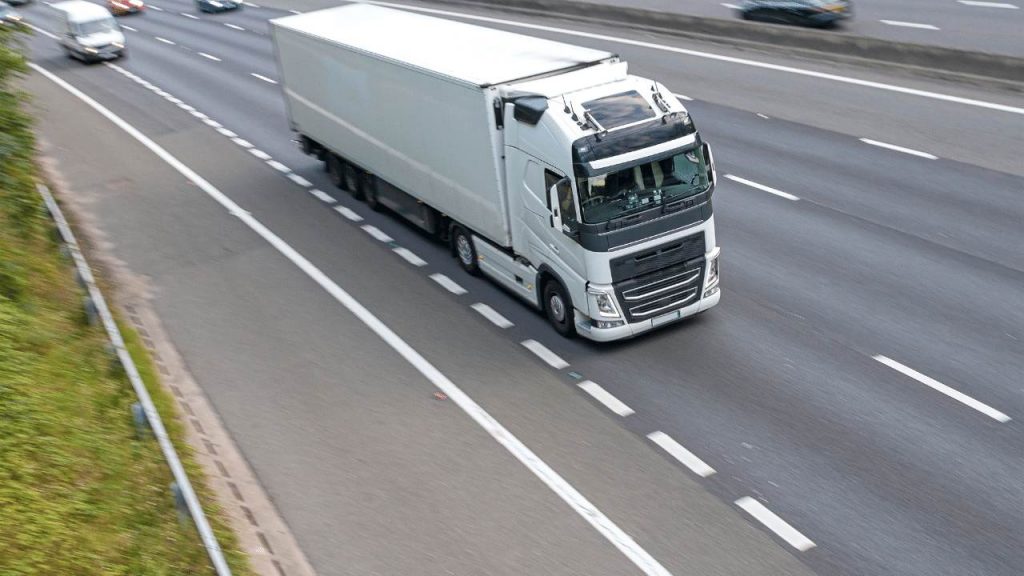Transport by land is a means whereby people and goods are moved from one place to another through land. Transport by land can be sub-divided into:
1. Rail
2. Road
Land Transport – Rail:
The construction of railway lines in Nigeria started in the colonial days by the colonial masters. Their aim then was to make it possible for agricultural products to be carried to seaports for export, and for imported goods to be distributed to all parts of the country.
Special iron tracks were constructed for the movement of the train since it cannot move on ordinary ground. Transport by rail in Nigeria is monopolized by the federal government and it’s under the control of the Nigerian Railway Corporation (NRC).
Trains are divided into passenger trains which are sub-divided into first, second, and third classes, and cargo trains that carry only goods.

Advantages of Railway Transport:
1. Trains carry bulky goods.
2. It can carry many passengers.
3. Accidents are not common.
4. Rail transport is better for long distant journeys.
5. Trains run on schedule.
6. Trains are more reliable than vehicles.
7. Fares are cheaper than motor vehicles.
8. There is no traffic congestion on rail lines.
Disadvantages of Railway Transport:
1. It is not flexible like road transport.
2. Constructing rail lines and maintaining trains are quite expensive.
3. Loading and offloading goods from a train is tasking.
4. It is not a good means of transporting perishables.
5. Lack of Door to Door Service.
6. Railway transport is subject to traffic delays
Land Transport – Road:
This is the movement of both goods and passengers on road by motor vehicles, trailers, buses, motorcycles, camels and so on. Road transport provides door-to-door services for the people and in turn collect little fares for the service. Good and well-constructed roads are a vital factor that makes road transport function well.

Advantages of Road Transport:
Road transport offers door-to-door services to the people.
1. There is no fixed time schedule for passengers and goods to board the vehicle. The drivers can operate anytime.
2. It is good for the movement of perishable goods e.g vegetables, fruits like oranges, watermelon, tomatoes, etc.
3. There is no special route for the vehicles to operate.
4. It is very good for short distant journeys e.g Ibadan to Lagos, Aba to Owerri, etc.
5. The maintenance cost for vehicles is very low when compared with trains.
Disadvantages of Road Transport:
1. Road transport is more prone to accidents especially where the roads are in a deplorable condition.
2. Road transport is not good for carrying bulky loads.
3. It is not convenient for carrying fragile goods such as glass, mirrors, louvres, etc.
4. It is not comfortable when one embarks on a long journey.
5. There are no welfare facilities like canteens, toilets, etc which are available in other means of transportation.



Responses